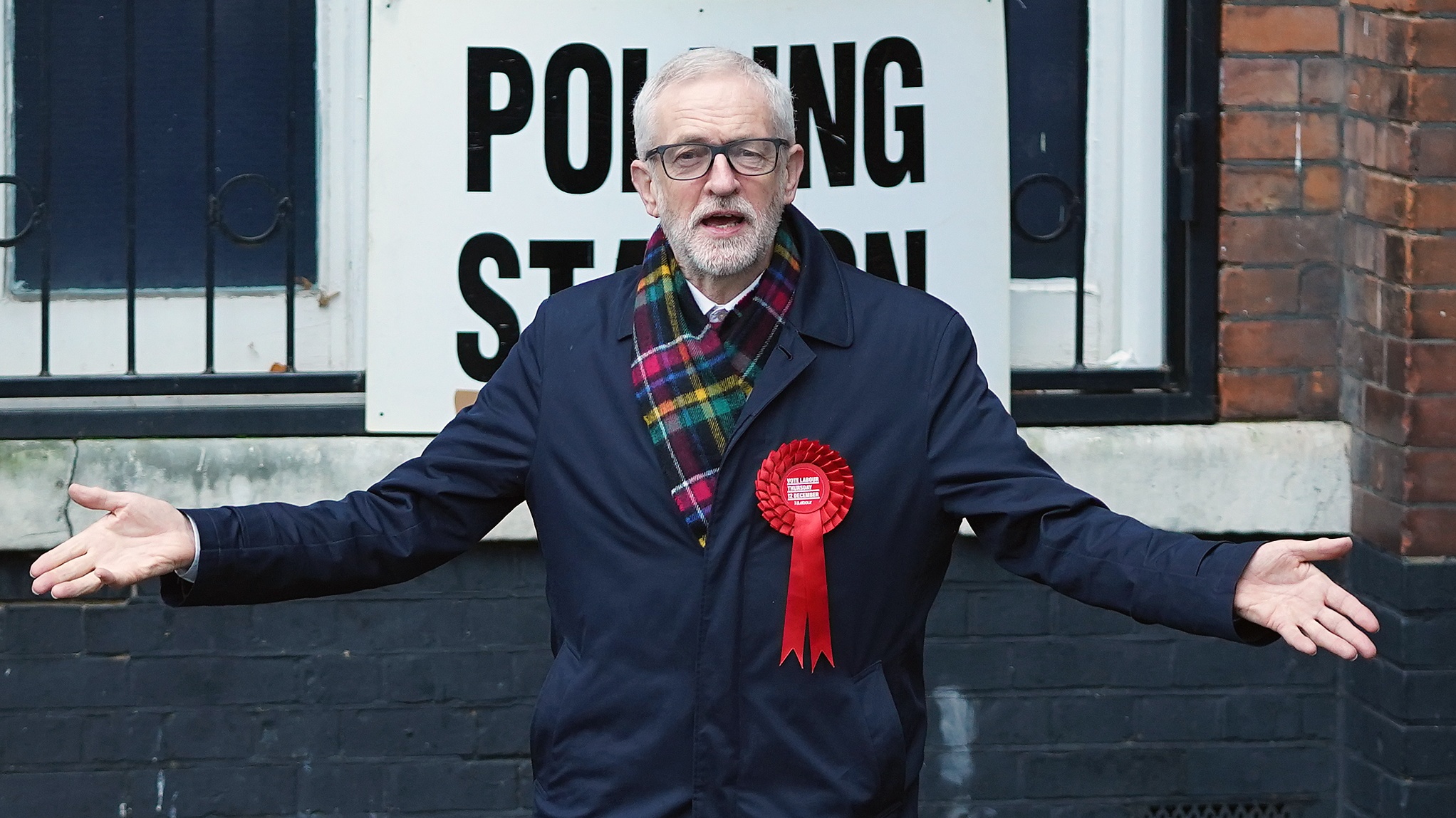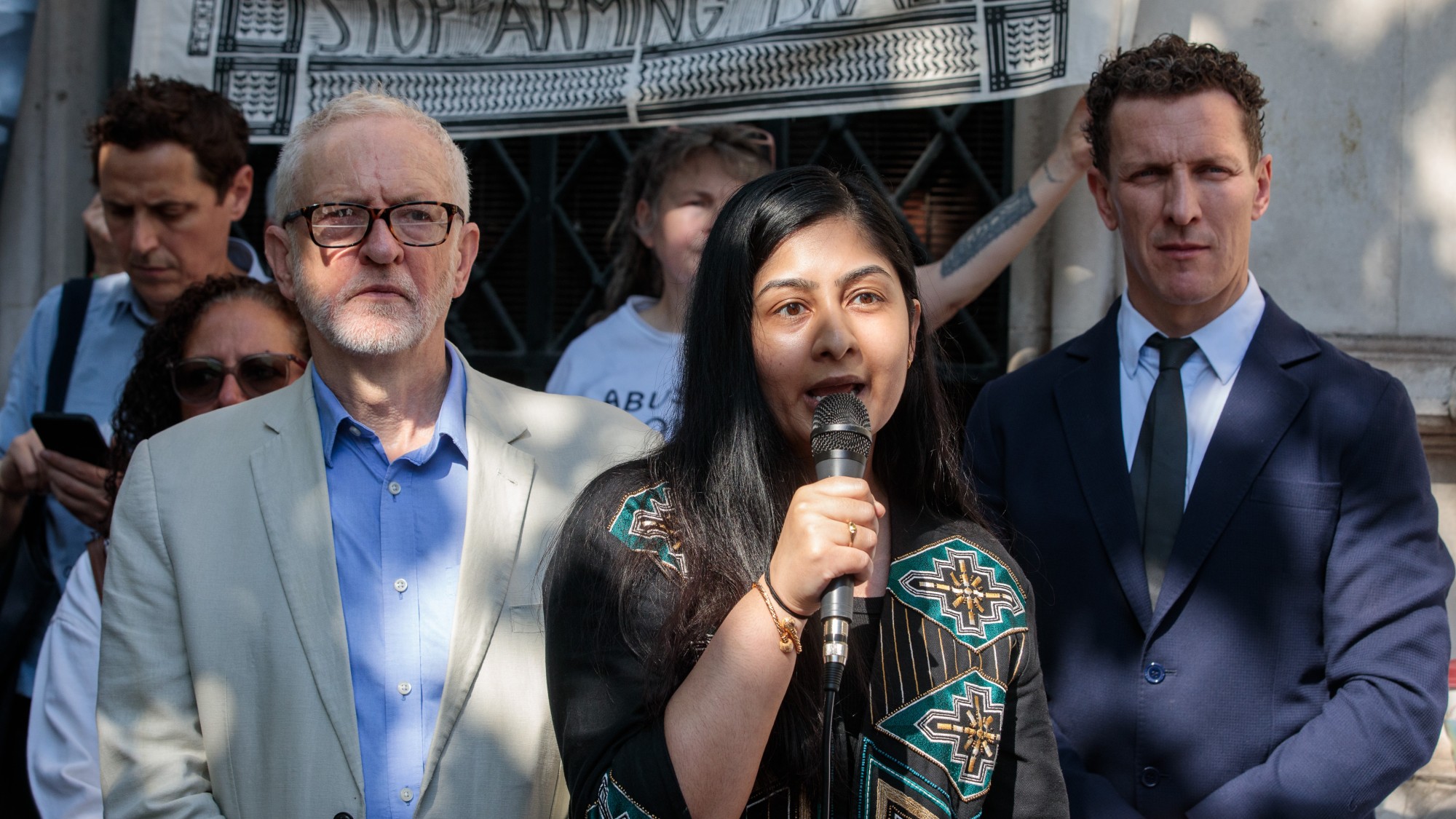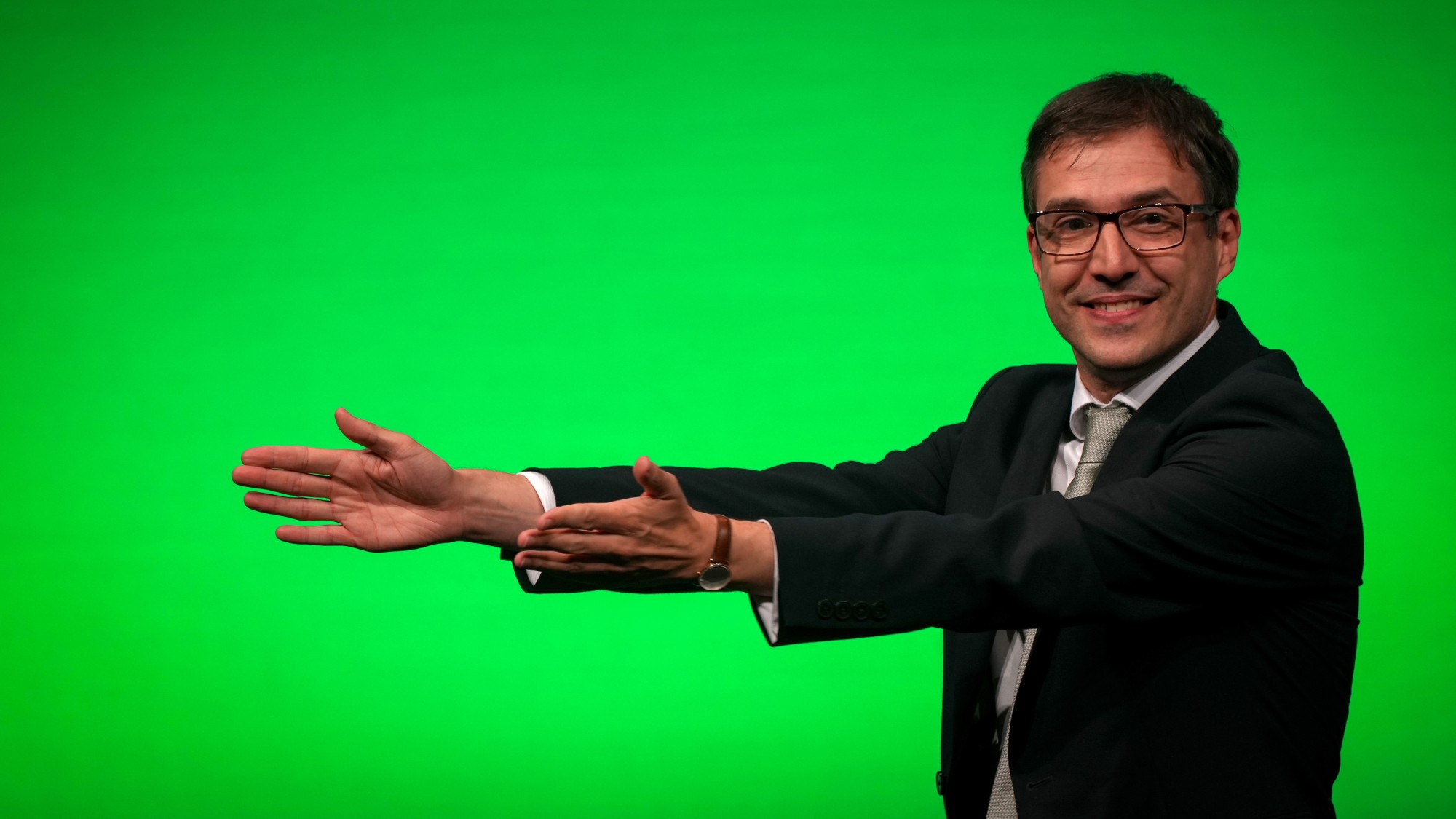General election 2019: what happens next for the major parties?
Jeremy Corbyn and Jo Swinson to step down as leaders

A free daily email with the biggest news stories of the day – and the best features from TheWeek.com
You are now subscribed
Your newsletter sign-up was successful
The Conservative Party has won the general election with a huge majority that according to Boris Johnson gives the Tories a “stonking mandate” to deliver Brexit.
The prime minister’s Labour nemesis Jeremy Corbyn has announced plans to step down following catastophic losses for the opposition party.
Lib Dem leader Jo Swinson will also bow out, after losing her seat to the Scottish National Party by just 149 votes.
The Week
Escape your echo chamber. Get the facts behind the news, plus analysis from multiple perspectives.

Sign up for The Week's Free Newsletters
From our morning news briefing to a weekly Good News Newsletter, get the best of The Week delivered directly to your inbox.
From our morning news briefing to a weekly Good News Newsletter, get the best of The Week delivered directly to your inbox.
Conservatives
The Tories’ expected majority of around 80 seats - the vast majority of them held by pro-Brexit candidates - means Johnson should have little trouble getting his Brexit deal through Parliament. And that means it is now overwhelmingly likely that the UK will leave the EU by the 31 January 2020 deadline.
The Government will act quickly to “get Brexit done”, Home Secretary Priti Patel said after it became clear which way the wind was blowing on Thursday night.
The returning PM will also want to reshuffle his cabinet, and is in a strong position to pick his biggest supporters without having to pander to rogue elements.
A free daily email with the biggest news stories of the day – and the best features from TheWeek.com
Michael Gove is being tipped for promotion after making a series of appearances backing Johnson throughout the campaign, says The Telegraph. But it’s not good news for all of the PM’s inner circle - speculation has been mounting Jacob Rees-Mogg may be demoted in the wake of his controversial comments about the Grenfell fire victims.
The Queen will formally open Parliament next Thursday, but with “reduced ceremonial elements”, reports the London Evening Standard. The last state opening was just two months ago, on 14 October.
Labour
Corbyn has said he will not front Labour into the next election, after leading the party to its lowest number of seats since 1935.
However, he told supporters in his Islington North seat that he will stay on as leader during a “process of reflection” on the result - provoking scorn from those who blame Corbyn for his party’s crushing defeat.
Labour’s Margaret Hodge, who held her London seat, tweeted: “Corbyn talking about a period of ‘reflection. I’ve reflected. You failed. Please stand down.”
Phil Wilson, who lost Tony Blair’s former stronghold in Sedgefield, said: “It’s time [for Corbyn] to move on. Labour voters don’t want to see a hard-left Labour Party.”
Candidates to replace Corbyn are lining up in the wings, with Keir Starmer and Rebecca Long-Bailey among the favourites to become Labour’s next leader.
Lib Dems
The Lib Dems also fared poorly in the election, ending up on just 11 seats with a net loss of one.
After narrowly losing her seat in Dunbartonshire East to the SNP’s Amy Callaghan, party leader Swinson announced that she will step down, with a leadership contest to be held in the new year.
Sir Ed Davey and Baroness Sal Brinton will be acting co-leaders in the interim, since Swinson is no longer an MP. Under party rules, the Lib Dem leader must have a seat in the Commons.
SNP
The SNP has won 48 of the 59 seats available in Scotland, with a 45% share of the vote north of the border.
Leader Nicola Sturgeon hasn’t wasted any time in claiming that the result was a fresh mandate for a second Scottish independent referendum, despite “a majority of Scots actually voting for unionist parties”, says the Daily Mail.
Sturgeon argues that the SNP gains are a “clear endorsement Scotland should get to decide our future and not have it decided for us”.
Speaking to the BBC from Glasgow, she added: “Boris Johnson has a mandate to take England out of the EU but he must accept that I have a mandate to give Scotland a choice for an alternative future.”
Green
The Green Party’s Caroline Lucas was re-elected to her Brighton Pavilion seat with an increased majority.
The former party leader - and only Green MP - won 33,151 votes, followed far behind by Labour’s Adam Imanpour on 13,211.
Celebrating her victory, Lucas said she felt “incredibly proud” but added: I feel deeply angry, too, that our political system is so badly broken and is still letting individuals and our country down so badly. It has been doing so for decades.”
The Greens claimed 2.7% of the national vote, with Lucas holding their only seat. Party co-leader Jonathan Bartley said that Lucas would “continue to lead the fight against climate chaos”.
Brexit Party
Nigel Farage has announced that he is to join Donald Trump’s presidential campaign in the US next year, as a warm-up speaker at campaign rallies, after his own party failed to win a single seat in the UK election.
Farage plans to rebrand the Brexit Party as the “Reform Party” after the UK leaves to EU, and to focus on pushing for a first-past-the-post voting system.
Speaking to the BBC’s Andrew Neil, Farage denied that campaigning for Trump would affect his ability to run his political crew back home, saying: “If I spend a couple of weeks [in the US] then there’s always time for the Reform Party.”
-
 Why is the Trump administration talking about ‘Western civilization’?
Why is the Trump administration talking about ‘Western civilization’?Talking Points Rubio says Europe, US bonded by religion and ancestry
-
 Quentin Deranque: a student’s death energizes the French far right
Quentin Deranque: a student’s death energizes the French far rightIN THE SPOTLIGHT Reactions to the violent killing of an ultraconservative activist offer a glimpse at the culture wars roiling France ahead of next year’s elections
-
 Secured vs. unsecured loans: how do they differ and which is better?
Secured vs. unsecured loans: how do they differ and which is better?the explainer They are distinguished by the level of risk and the inclusion of collateral
-
 How corrupt is the UK?
How corrupt is the UK?The Explainer Decline in standards ‘risks becoming a defining feature of our political culture’ as Britain falls to lowest ever score on global index
-
 The high street: Britain’s next political battleground?
The high street: Britain’s next political battleground?In the Spotlight Mass closure of shops and influx of organised crime are fuelling voter anger, and offer an opening for Reform UK
-
 Biggest political break-ups and make-ups of 2025
Biggest political break-ups and make-ups of 2025The Explainer From Trump and Musk to the UK and the EU, Christmas wouldn’t be Christmas without a round-up of the year’s relationship drama
-
 Is a Reform-Tory pact becoming more likely?
Is a Reform-Tory pact becoming more likely?Today’s Big Question Nigel Farage’s party is ahead in the polls but still falls well short of a Commons majority, while Conservatives are still losing MPs to Reform
-
 The launch of Your Party: how it could work
The launch of Your Party: how it could workThe Explainer Despite landmark decisions made over the party’s makeup at their first conference, core frustrations are ‘likely to only intensify in the near-future’
-
 Taking the low road: why the SNP is still standing strong
Taking the low road: why the SNP is still standing strongTalking Point Party is on track for a fifth consecutive victory in May’s Holyrood election, despite controversies and plummeting support
-
 Your Party: a Pythonesque shambles
Your Party: a Pythonesque shamblesTalking Point Comical disagreements within Jeremy Corbyn and Zarah Sultana's group highlight their precarious position
-
 Who will win the battle for the soul of the Green Party?
Who will win the battle for the soul of the Green Party?An ideological divide is taking root among the environmentalists